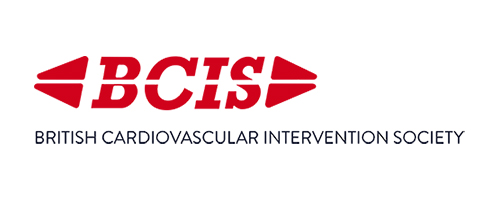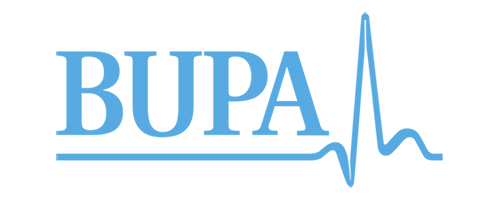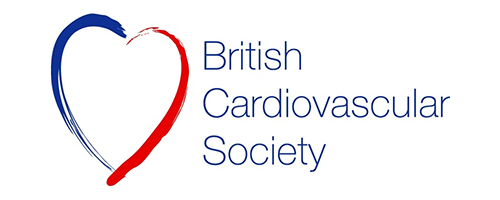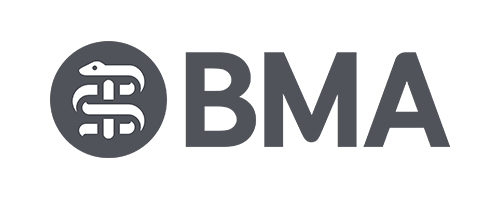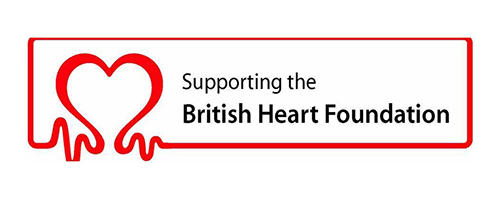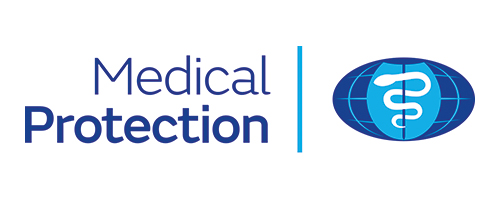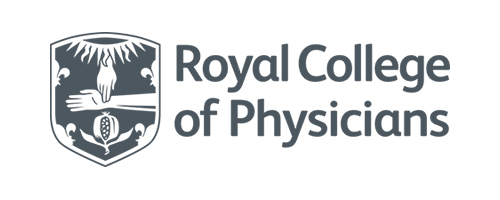The information outlined below on common conditions and treatments is provided as a guide only and it is not intended to be comprehensive. Discussion with Dr Saha is important to answer any questions that you may have. For information about any additional conditions not featured within the site, please contact us for more information.
Heart failure (HF) is generally defined as the inability of the heart to supply sufficient blood flow to meet the needs of the body. Heart failure can cause a number of symptoms, including shortness of breath, leg swelling, and exercise intolerance.
Types of Heart Failure
Systolic Heart Failure occurs when the heart is not able to pump sufficient blood around the body to maintain the metabolic needs of the body. It normally occurs when the heart muscle has been damaged, for example, by a heart attack or by a disease of the heart muscle called a cardiomyopathy. It can also be caused if the valves are too narrow or leaking.
Diastolic Heart Failure refers to the inability of the heart muscle to relax and prime itself with enough blood for the next pumping cycle. The causes of diastolic heart failure are numerous, but include coronary artery disease and left ventricular hypertrophy (thickening) which may be related to blood pressure.
Both of these mean the heart muscle is stiff, does not relax easily, and the heart therefore does not fill with blood. Accordingly, each heart cycle pumps less blood forward, is less efficient and the patient is aware of significant breathlessness on exertion.
Diagnosis of Heart Failure
An Electrocardiogram (ECG) helps to determine if there is evidence of previous heart attack, increase of heart muscle mass, or heart rhythm disorder such as atrial fibrillation (AF). An examination will look for signs of high blood pressure or fluid overload. The key investigation is an Echocardiogram, which will look for evidence of previous heart attack, weakness of the heart muscle, valvular abnormalities or hypertrophy (heart muscle thickening). A chest X-ray may show an enlarged heart, but can be normal. You may need a Coronary Angiogram to look at your heart’s blood supply.
Treatment of Heart failure
Drug treatments target fluid overload and may also allow you to live longer. Excess body fluid is treated with water tablets (diuretics). In addition, several classes of drugs are known to increase survival in heart failure. Beta-blockers, angiotensin converting enzyme inhibitors (ACEI) or angiotensin receptor blockers (ARBs) will be prescribed to most patients. If symptoms are more severe, aldosterone antagonists such as spironolactone and epleronone may be used. Newer agents such as ivabradine and sacubotril may help. Finally, if your ECG is abnormal with a specific problem of the heart’s conduction system known as Left Bundle Branch Block (LBBB) , combined with a significant reduction in the left ventricle’s function, a special type of pacemaker – a Biventricular Pacemaker – may be required. Some patients may need an Implantable Cardiac Defibrillator (ICD).
Discussion with Dr Saha is important to answer any questions that you may have. For information about any additional symptoms you may be suffering from that are not featured within the site, please contact us for more information.

